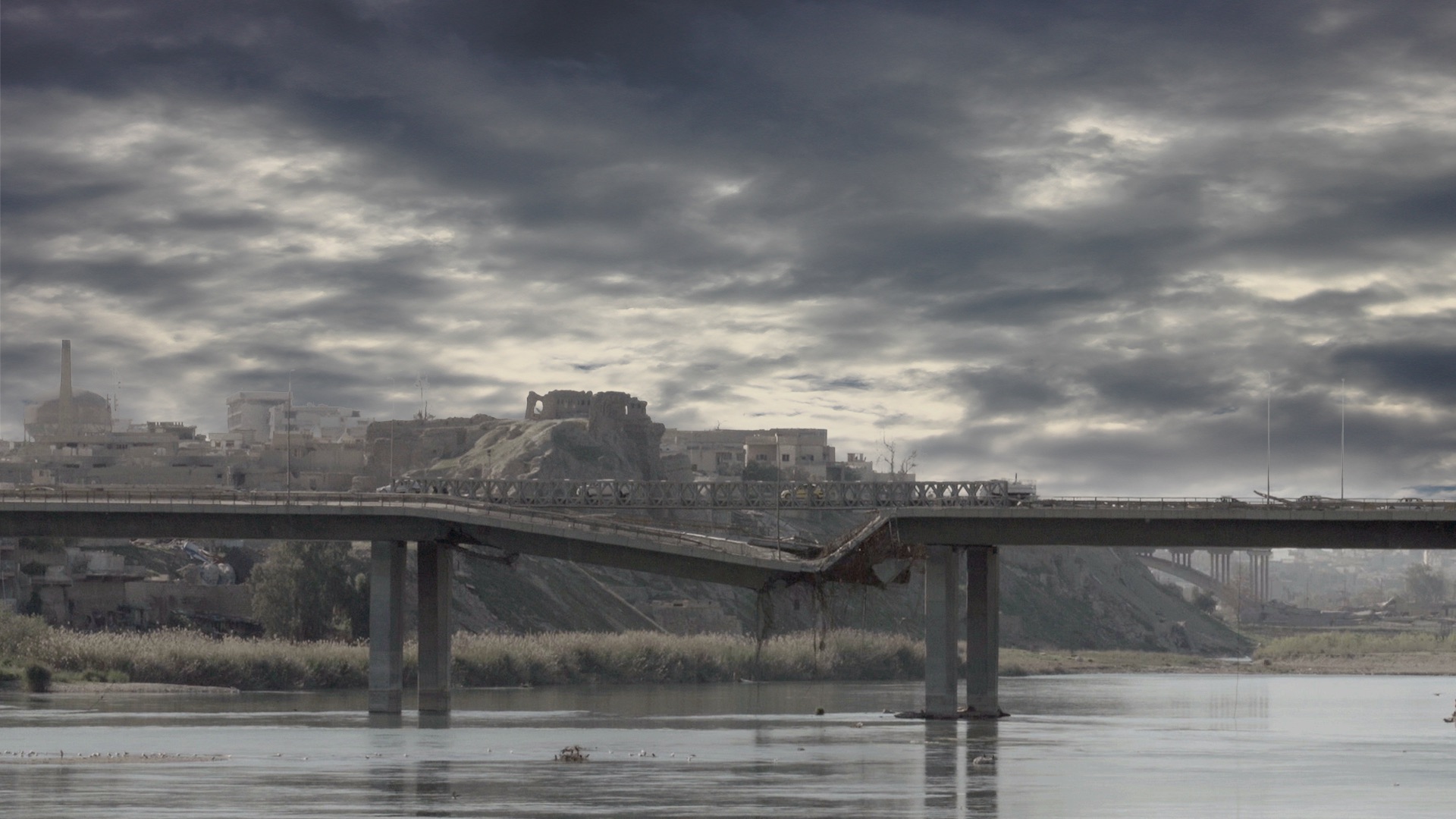Si potrebbe pensare che nessuno desideri tornare in una città devastata dalla guerra, ma la casa è là dove hai le tue radici. Contro il consiglio di amici e familiari, Ghadeer, un giovane giornalista di Mosul fuggito in Belgio durante l'occupazione dell'Isis, decide di ritornare, rinunciando a un futuro promettente in Europa per lanciarsi nella ricostruzione sociale e culturale del suo Paese. Il suo obiettivo è quello di creare un’emittente radiofonica indipendente per inviare messaggi di coesione sociale e rifiuto della violenza. Insieme alla sua squadra, dovrà affrontare innumerevoli ostacoli nel tentativo di curare l'anima di una città devastata dalla guerra - fisicamente e socialmente – ed escogitare strategie inventive per rendere l’iniziativa economicamente sostenibile. Sarà la voce di Radio One FM sufficientemente forte da suscitare i cambiamenti che i suoi fondatori sognano o il vecchio sistema prevarrà ancora una volta?
Siamo arrivati a Mosul poche settimane dopo la fine della guerra di liberazione da Isis. Eravamo già stati in zone di guerra, ma una devastazione del genere era fuori da ogni precedente esperienza. Solo la memoria cinematografica reggeva il confronto: l’inizio di “Germania Anno Zero” di Rossellini, Berlino trasformata dai bombardamenti in un ammasso informe di macerie annerite dal fuoco. Ci siamo inoltrati dentro questo territorio desolato per vedere cosa contenesse. Lì abbiamo incontrato per la prima volta Ghadeer, giovane giornalista appena tornato dall’Europa per fondare una radio libera nel suo paese. Don't Come Back è la storia di un ritorno. Seguire una storia positiva di lotta verso la ricerca di un futuro migliore può essere una forma di denuncia ancora più potente del racconto di storie di sofferenza. Esempi di questo tipo pongono l’accento su cosa manca e cosa interferisce con il successo degli sforzi del protagonista. Ghadeer e il suo gruppo credono nella formazione di coscienza civile attraverso l’uso dei media e questo ci sembra la funzione più alta del cinema.
Regia
Chiara Avesani, Matteo Delbò
Soggetto
Chiara Avesani, Eva Fontanals
Sceneggiatura
Chiara Avesani, Eva Fontanals
Interpreti
Ghadeer, Nur e ragazzi della radio
Direttore di produzione
Katya Panova
Produttore
Simone Catania, Fabrice Esteve, Eva Fontanals
Produzione
Indyca, Yuzu Productions, Arpa FIlms, Arte, in collaborazione con Rai Documentari
con il sostegno di Film Commission Torino Piemonte -
Piemonte Doc Film Fund - produzione dicembre 2021, MIC, Creative Europe, CNC
